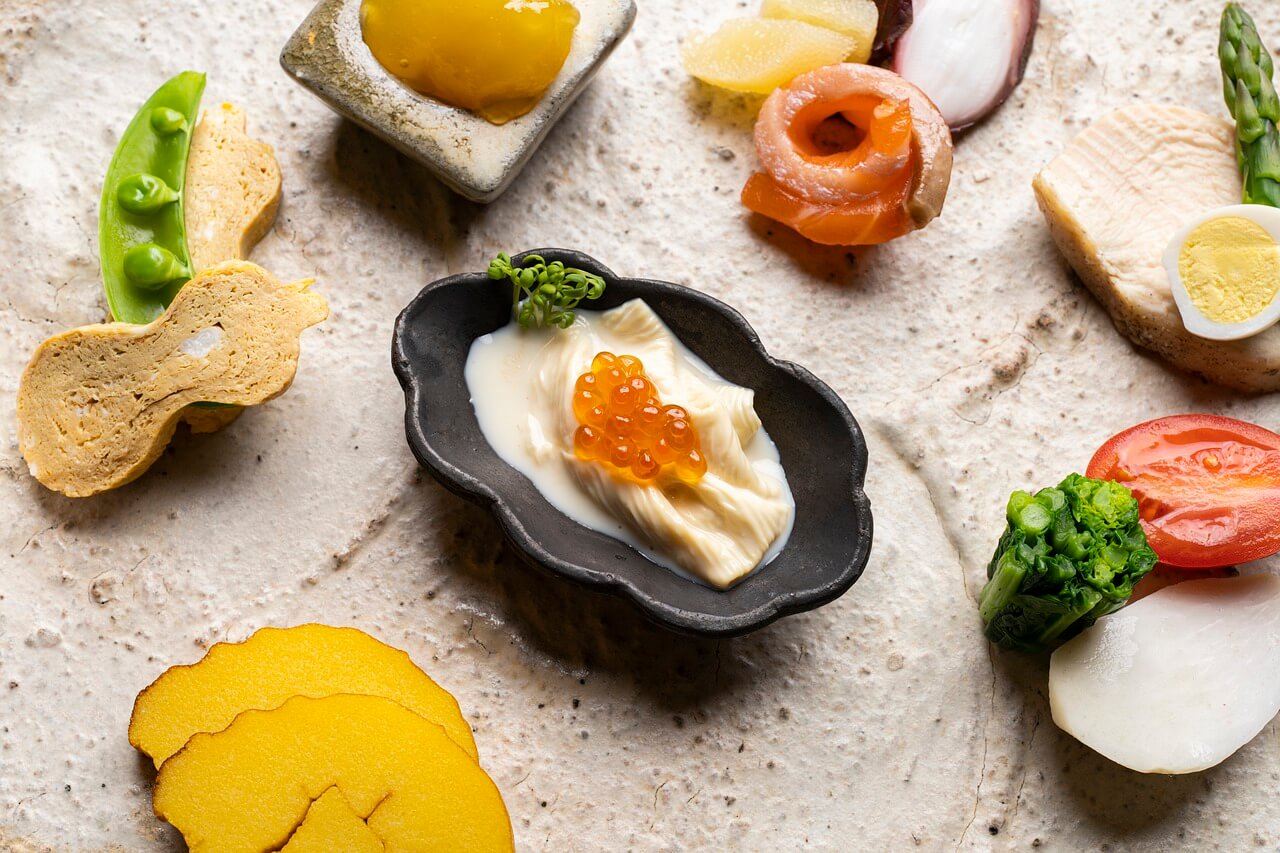In recent years, gut health has gained significant attention for its profound impact on overall well-being. From digestion to immune function and even mental health, the gut plays a pivotal role in keeping our bodies functioning optimally. Central to this discussion are probiotics and prebiotics—two components often lauded as the dynamic duo for maintaining a healthy gut. This article will delve into what probiotics and prebiotics are, why they matter, and how to incorporate them into your diet for improved gut health.
Understanding Gut Health
The gut, also known as the gastrointestinal (GI) tract, is home to trillions of microorganisms, collectively known as the gut microbiome. This ecosystem of bacteria, viruses, and fungi works together to aid digestion, synthesize essential nutrients, and protect against harmful pathogens. When the microbiome is balanced, the gut functions optimally, promoting health and vitality. However, when the balance is disrupted, it can lead to digestive issues, weakened immunity, and even chronic diseases.
Probiotics: The Beneficial Bacteria
What Are Probiotics?
Probiotics are live microorganisms, primarily bacteria, that confer health benefits when consumed in adequate amounts. Often referred to as “good bacteria,” probiotics help replenish and maintain a healthy balance in the gut microbiome.
Types of Probiotics
Probiotics are classified into various strains, each with unique health benefits. The most common types include:
- Lactobacillus: Found in fermented foods like yogurt and kimchi, it helps break down lactose and supports digestion.
- Bifidobacterium: Found in dairy products, this strain aids in digestion and supports the immune system.
- Saccharomyces boulardii: A probiotic yeast that combats diarrhea and promotes gut health.
Benefits of Probiotics
- Improved Digestion: Probiotics aid in breaking down food and absorbing nutrients.
- Enhanced Immunity: A significant portion of the immune system resides in the gut, and probiotics help boost its defenses.
- Reduced Gastrointestinal Disorders: Probiotics can alleviate conditions like irritable bowel syndrome (IBS), diarrhea, and constipation.
- Mental Health Benefits: Emerging research suggests a strong link between the gut and brain, with probiotics helping to reduce anxiety and depression.
Prebiotics: The Food for Probiotics
What Are Prebiotics?
Prebiotics are non-digestible fibers that serve as food for probiotics, encouraging the growth of beneficial bacteria in the gut. Unlike probiotics, prebiotics are not live organisms but are equally essential for gut health.
Sources of Prebiotics
Prebiotics are naturally found in various plant-based foods, including:
- Bananas
- Garlic
- Onions
- Asparagus
- Chicory Root
- Whole Grains
Benefits of Prebiotics
- Nourishing Gut Bacteria: Prebiotics stimulate the growth and activity of probiotics, promoting a balanced microbiome.
- Enhanced Nutrient Absorption: Prebiotics improve the absorption of minerals like calcium and magnesium.
- Gut Lining Integrity: They help strengthen the intestinal lining, reducing the risk of leaky gut syndrome.
- Reduced Inflammation: Prebiotics help modulate the immune response, lowering inflammation in the body.
Why Probiotics and Prebiotics Matter Together
Probiotics and prebiotics work synergistically to create a thriving gut environment. While probiotics introduce beneficial bacteria, prebiotics provide the nourishment these bacteria need to flourish. This combination is often referred to as a “synbiotic” relationship. Incorporating both into your diet ensures a well-balanced gut microbiome, leading to improved digestion, enhanced immunity, and better overall health.
Signs of an Unhealthy Gut
An imbalanced gut microbiome can manifest in various ways, including:
- Digestive Issues: Bloating, gas, diarrhea, or constipation.
- Weak Immunity: Frequent illnesses or infections.
- Food Intolerances: Difficulty digesting certain foods.
- Mental Health Problems: Anxiety, depression, or brain fog.
- Skin Issues: Conditions like eczema or acne.
If you experience these symptoms, incorporating probiotics and prebiotics into your diet can help restore balance and alleviate discomfort.
How to Incorporate Probiotics and Prebiotics into Your Diet
Probiotic-Rich Foods
- Yogurt: Opt for live and active cultures for the highest probiotic content.
- Kefir: A fermented dairy drink teeming with probiotics.
- Sauerkraut: Fermented cabbage rich in probiotics and enzymes.
- Kimchi: A spicy Korean side dish made from fermented vegetables.
- Miso: A traditional Japanese paste made from fermented soybeans.
- Tempeh: Fermented soybeans that are high in probiotics and protein.
Prebiotic-Rich Foods
- Garlic: Use raw or cooked garlic in your dishes.
- Onions: Add raw onions to salads or sandwiches.
- Asparagus: Roast or steam for a prebiotic boost.
- Bananas: A convenient and natural source of prebiotics.
- Whole Grains: Include oats, barley, and quinoa in your meals.
Probiotic and Prebiotic Supplements
For those who struggle to get enough probiotics and prebiotics through food alone, supplements are a convenient alternative. When choosing a supplement, look for:
- Diverse Strains: To benefit different aspects of gut health.
- High CFU Count: Aim for at least 10 billion colony-forming units (CFUs).
- Prebiotic Fiber: To complement the probiotic strains.
Common Myths About Gut Health
- “All Probiotics Are the Same”: Different strains have different benefits. Choose one suited to your needs.
- “Probiotics Work Immediately”: It may take weeks or months to notice improvements. Consistency is key.
- “Only Supplements Can Help”: While supplements are helpful, whole foods are often more effective.
Tips for Maintaining a Healthy Gut
- Eat a Balanced Diet: Focus on whole, plant-based foods.
- Stay Hydrated: Water is essential for digestion and nutrient absorption.
- Exercise Regularly: Physical activity promotes gut motility.
- Manage Stress: Practice mindfulness or yoga to reduce stress.
- Avoid Antibiotics When Possible: These can disrupt the gut microbiome.
Conclusion
Probiotics and prebiotics are essential for maintaining a healthy gut, which in turn supports digestion, immunity, and overall well-being. By understanding their roles and incorporating them into your diet, you can foster a balanced gut microbiome and enjoy the numerous health benefits it provides. Whether through probiotic-rich fermented foods, prebiotic-packed fruits and vegetables, or carefully chosen supplements, there are countless ways to boost your gut health and improve your quality of life.
Start today, and take the first step toward a healthier, happier you!
















3 thoughts on “Gut Health 101: Why Probiotics and Prebiotics Matter”
Comments are closed.